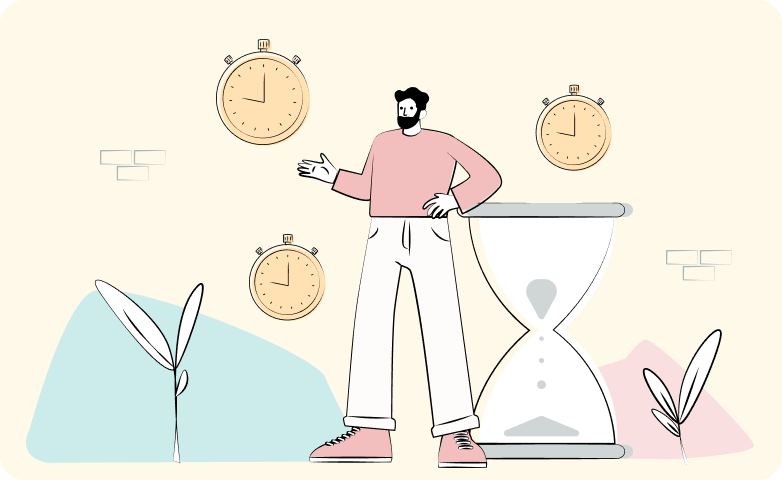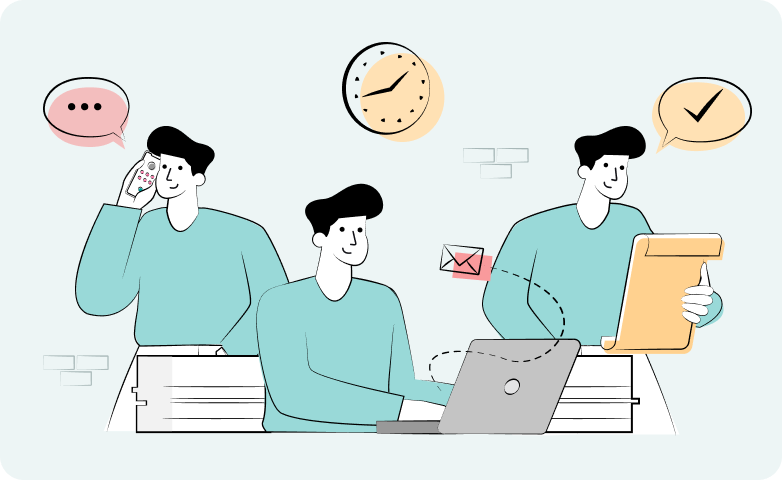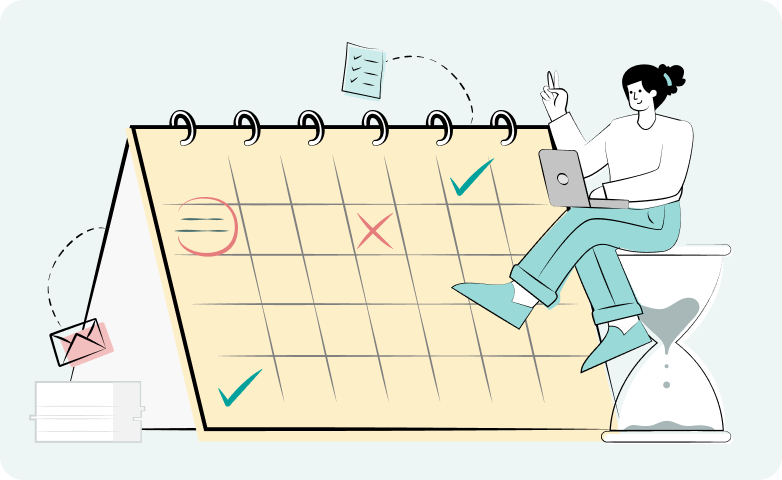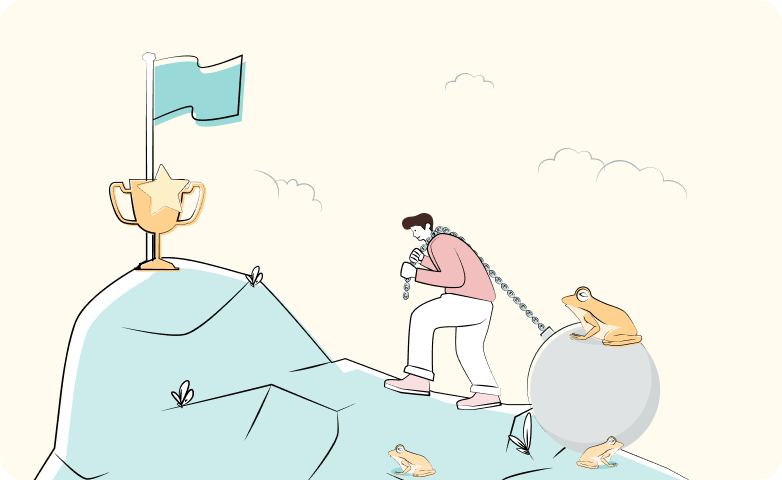

Maybe another coffee is not the best option. There is an alternative to caffeine that can improve your focus (and other cognitive functions) without keeping you up all night.
Sadly, or fantastically, depending on your view of physical activity, it’s exercise.
Exercise does things to the brain. Good things. It’s much more than just getting the blood flowing. Genes in your brain cells react to exercise to create structural and functional changes in the brain that drive enormous benefits for your cognitive functioning and well-being.
The result is an increase in focus and executive control (aka getting things done) as well as overall mood.
Also, physical activity immediately boosts the brain’s dopamine, norepinephrine, and serotonin levels—all of which contribute to those improvements in focus, motivation and mood.
Lastly, you’ve heard the phrase use it or lose it. It’s a truism. Here’s another one, but for energy: use it and get more of it. Burning a bit of energy in physical exercise gives you more energy. Coffee can only pretend it does that.
Research suggests that around 20 minutes of exercise is needed to see the benefits. These kinds of studies involve humans, who are all special and unique, so the numbers are only ever going to be approximate.
But there are some trends. For example, the harder and longer you exercise the stronger the beneficial effects and the longer they last. But if you’re not particularly fit, don’t worry, you will still see the benefits.
This is quite interesting. Aerobic and anaerobic exercise both showed benefits. Aerobic exercise is anything that has you moving fast – running, cycling, walking – activities designed to get your heart pumping. Anaerobic exercise involves things like yoga, weightlifting, or high intensity training of any kind (in fact, any kind of aerobic exercise can be done at a high intensity and become anaerobic – if you can’t hold a conversation while running, walking, etc, you’re probably in the anaerobic zone).
The best exercise is the one you can and will do regularly. So it helps if you like it and you can integrate it into your life.
Obviously, getting in some exercise immediately before you start work will set your day on the right path.
If you can, biking to work (actual biking, not coasting on an e-bike) is a great way to start. So is walking, if you live close enough to the office. But for most people it will be easier to go to a gym or do laps at a pool.
The next best time to exercise is in the middle of the day, before the slump hits. Remember, all you need is a solid twenty minutes to reap the benefits of focus, attention and mood boosts.
It’s easy to talk about exercising. It can be very hard to start. Especially if you’ve never been one of those people who exercise.
If that’s you, we recommend you start off walking. Walking with a friend makes exercising easier and makes it more likely to happen.
If you prefer walking on your own, use the time to catch up on podcasts or listen to an audiobook that you love.
Whatever you choose, give a couple 20+ minute sessions of exercise a try and enjoy the increased focus and productivity.

Why and how to do a time audit If you find yourself chronically short of time. If you find yourself…

Listen, you might have seen articles, hundreds of articles, on how multitasking is evil. That stance is ill-informed. It’s an…

There is so much we need to do and even more that we want to do. The two most common…

This productivity strategy comes from a late 18th century French writer, Nicholas Chamfort. His advice has been translated, misquoted and…
It does the math so you don't have to. It keeps track of your projects, what you need to do, how much time you have, and when they’re due. When you finish a task Pepy suggests what to work on next based on your priorities so all your projects get the love they need.